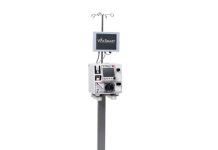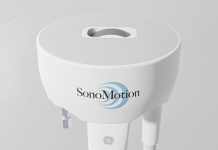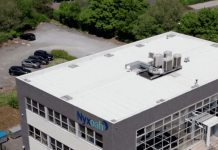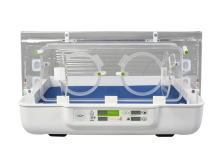Delfi will use the proceeds to develop blood tests for early cancer detection as well as treatment monitoring.
Delfi Diagnostics has raised $225m in a Series B financing round for the development of a globally accessible portfolio of liquid biopsy tests.
Led by DFJ Growth, the financing round saw participation from Initiate Ventures, PTX Capital, Brown Advisory, Eli Lilly and Company, Point72, Open Field Capital, and Point Field Partners.
The round also included the company’s existing investors, namely Samsara BioCapital, AV8 Ventures, Menlo Ventures, OrbiMed, Osage University Partners, Rock Springs Capital, and funds and accounts advised by T Rowe Price Associates.
Illumina Ventures, Foresite Capital, Cowen Healthcare Investments, Northpond Ventures and Windham Venture Partners also participated.
Delfi Diagnostics previously raised $100m in a Series A round in last January.
The company intends to use the proceeds from the latest funding round to support the continued development and commercialisation of blood tests for early detection of single cancer and multi-cancer, as well as monitoring treatment.
It has built a platform for developing liquid biopsy applications through a proprietary scalable whole genome fragmentation approach.
As Delfi’s platform analyses the cell-free DNA fragments across the entire genome, it enables a low-cost, single and straightforward laboratory process for any test developed.
RELATED: Retia Medical Raises $15M in Funding
Delfi CEO and founder Victor Velculescu said: “Cancer is a global public health problem and addressing it requires a solution that is accessible around the world.
“We believe our approach is uniquely capable of delivering high-performing, cost-effective, and clinically relevant tests for multiple applications to meet the needs of patients and providers everywhere.”
Currently, the company is validating the technology in a CASCADE-LUNG prospective trial, which has enrolled 15,000 subjects, for the detection of lung and other cancers in the early stages.
Additionally, it is working with many research institutions to develop new applications for detecting other cancer types, early detection of multi-cancer and treatment monitoring.






